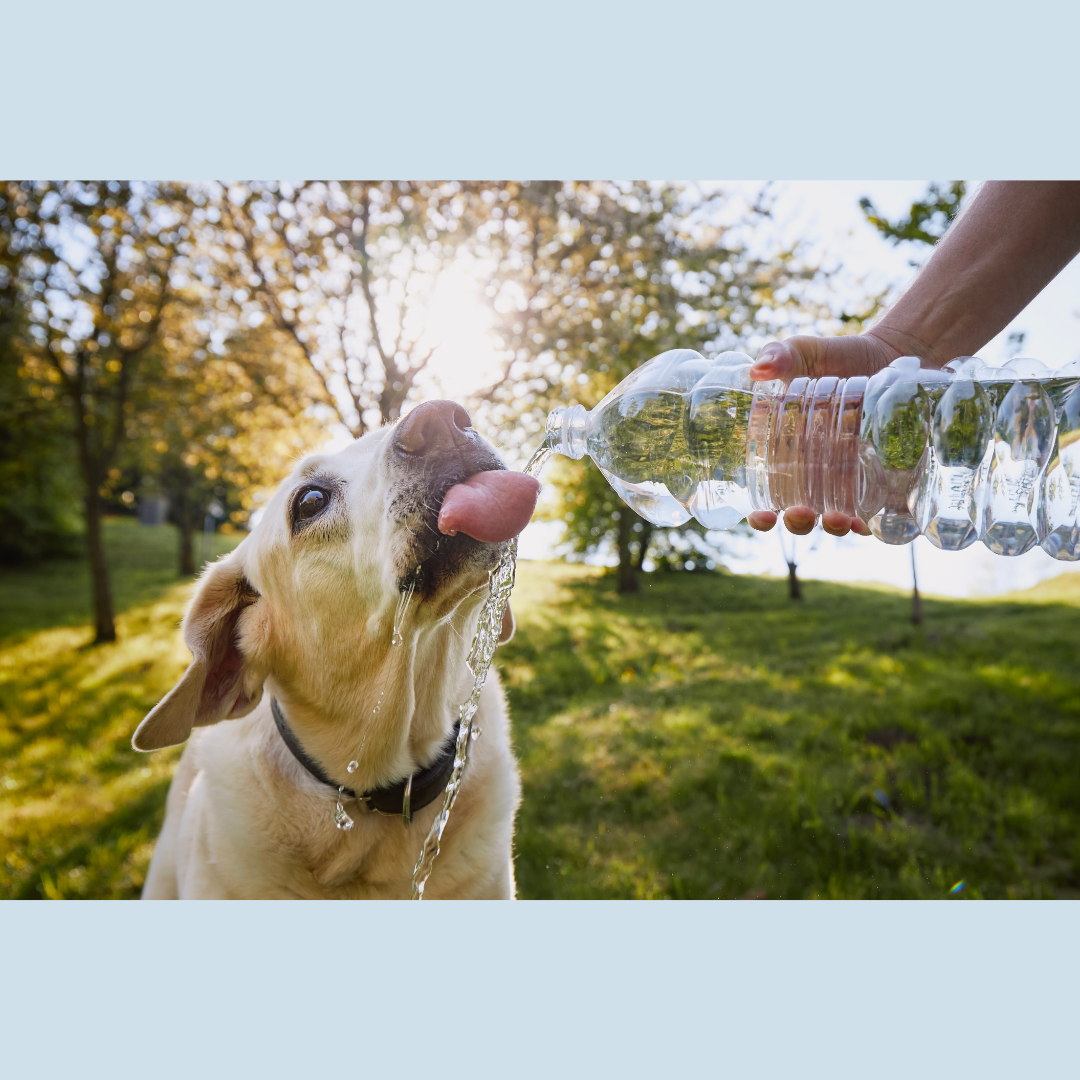All life forms require water for living and pets are no exception. If pets don’t drink enough water, they can get dehydrated and severe health complications can occur.
In general, pets should have access to fresh and clean water at all times. On average, cats should drink about 60 ml of water per kg of body weight, and for dogs, this requirement is between 50-100 ml per kg of body weight daily, depending upon age, breed, weather conditions, etc.
As a responsible pet parent, you must know about the consequences of dehydration in pets and how to always keep them hydrated. In partnership with our small animal veterinarian, we have put together this guide on how to keep pets hydrated and what causes dehydration in the first place, so read on.
Causes Of Dehydration In Pets
Before we get into solutions for keeping pets hydrated, it's important to understand what the causes of dehydration are. The following are some of the most common causes of dehydration in pets.
Dry food
Dry food lacks moisture. A significant amount of water is required by your pet's body for efficient digestion of dry food. If you are not offering plenty of water alongside dry food, pets will get dehydrated.
Inadequate water intake
The most obvious reason for dehydration in pets is not drinking enough water. Without water normal body functions start to slow down leading to serious complications such as kidney failure, electrolyte imbalance, and others.
Hot climate
If it's hot outside and your pet has limited access to water, he or she could get dehydrated quickly. During hot weather, pets sweat profusely leading to moisture loss.
Panting and drooling also contribute to water loss in pets such as dogs. Make sure to provide cold and fresh water to your pets in summer and ensure their water bowl remains filled.
Excessive urination
Frequent urination in pets can also reduce hydration levels in the body. Pets with diabetes, in particular, will urinate often, resulting in dehydration if they do not drink enough water.
Medications
Certain medications can increase urine output in pets. In cases of edema or pneumonia medicines known as diuretics (water pills) are prescribed which can lead to frequent urination. If your pet is not drinking enough water, it might get dehydrated.
Age
Senior pets are prone to dehydration since they are less active and don’t feel the urge to drink much water. As they consume less water they can get dehydrated.
Health problems
Many health problems such as diabetes, CKD (chronic kidney disease), and others result in frequent urination. As your pets urinate a lot, if he or she is not drinking water adequately they can become dehydrated.
Tips For Keeping Pets Hydrated
By following the tips mentioned below you can certainly prevent dehydration in your pets:
- Provide multiple water bowls to your pets so they can drink wherever they want. If you have a multi-story house, place a water bowl on each floor so your pet has easy access to drinking water.
- Make sure the water bowls of your pets are clean. Pets will not drink from a dirty, bad-smelling, or debris-containing water bowl.
- Many pets prefer flowing water so you can provide them with a fountain. Water fountains usually keep your pet interested in water (especially cats).
- If it's summertime, you can offer treats containing water to your pets such as ice cubes made of water, bone broth, wet canned food, frozen watermelon (or any other pet-appropriate fruit), frozen wet food, etc.
- If your pet doesn’t drink water frequently you can keep them hydrated by providing them with wet canned food. Wet canned food has plenty of moisture and flavor and many pets love it. You can also mix some wet canned food with their kibbles and add warm water for a delicious hydrating meal.
- Adding pet-appropriate bone broth (one that does not contain salt, seasonings, spices or onions) to your dog or cat’s kibbles is also a great way to keep them hydrated. Pets like the meaty taste of the broth and since it is mainly made of water, it will help keeping them hydrated.
Complications Of Dehydration In Pets
The following health complications can occur in pets if they get dehydrated.
- Kidney issues
- Urinary tract infections
- Electrolyte imbalance
- Body temperature fluctuations
- Improper digestion
- Nervous signs
How To Determine Whether Or Not Your Pet Is Dehydrated
- If the muzzle of your pet is wet, it indicates they are hydrated. In fact, a dry muzzle particularly in dogs represents dehydration.
- The oral cavity and eyes should be glistening and not dry.
- A quick test to check for dehydration in pets is the skin tenting test. Just lift the skin of your pet with your fingers and release it. If the skin goes back to its normal position within a second it indicates your pet is hydrated. However, if it takes 3-4 seconds for the skin to go back it can indicate dehydration. The more time it will take for the skin to go back to its initial position, the higher the signal of dehydration.
- Pets will appear less active and energetic and more lethargic if they are dehydrated.
References:
- Velasquez, J. (2024, January 10). Keep Your Pets Hydrated this Summer. PetMedic Urgent Care Vet Clinic. https://petmedicurgentcare.com/blog/5-tips-to-help-pets-hydrate/
- Why is my dog not drinking water? (2023, June 26). Petplan. https://www.petplan.co.uk/pet-information/dog/advice/dog-not-drinking-water/
- Honesty, P. (2023, October 21). Is your dog dehydrated? 9 Proven Ways to Rehydrate a dog. Pet Honesty. https://www.pethonesty.com/blogs/blog/9-ways-to-rehydrate-your-dog
- Reisen, J. (2023, November 9). Warning signs of dehydration in dogs. American Kennel Club. https://www.akc.org/expert-advice/health/warning-signs-dehydration-dogs/

